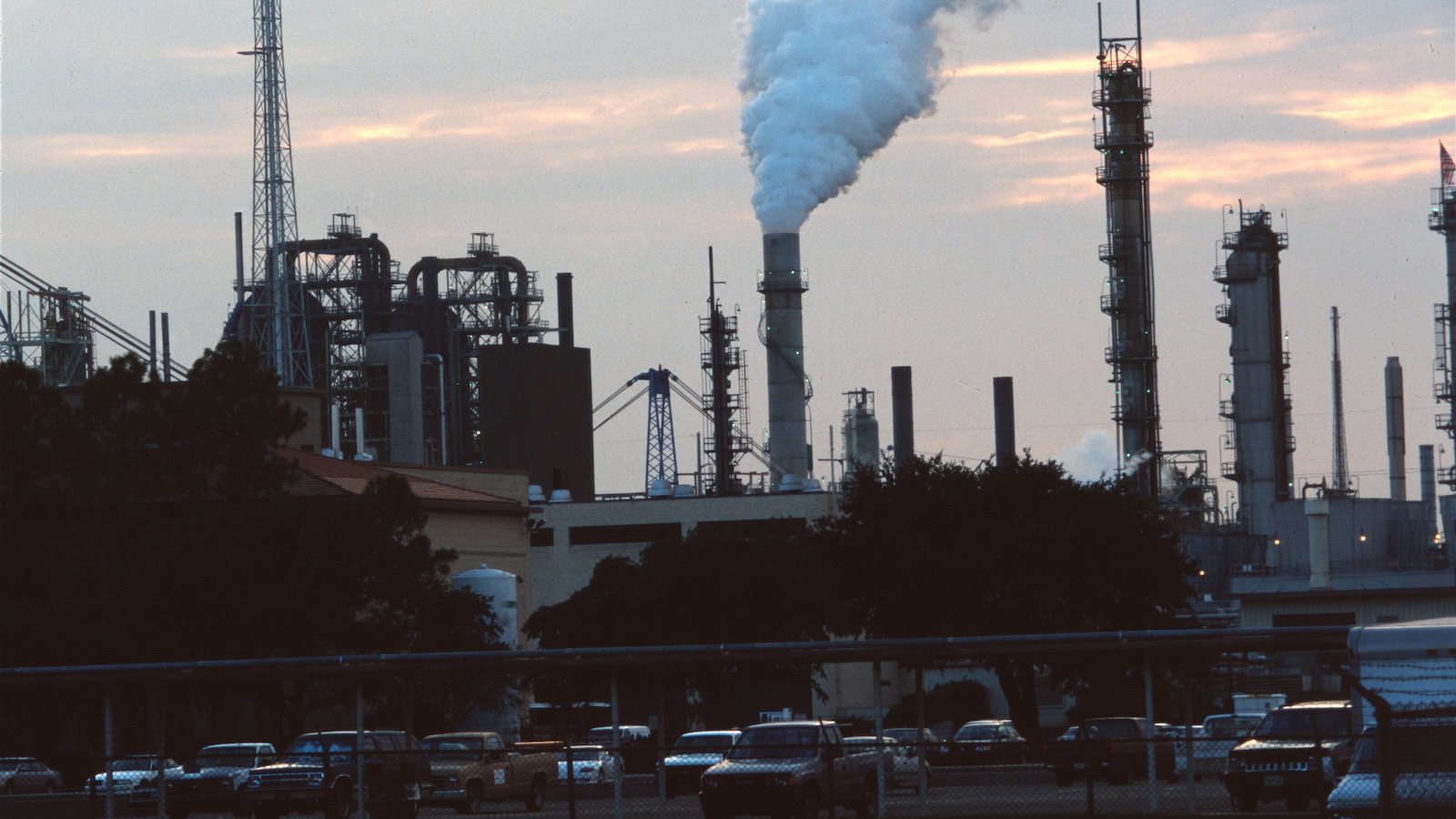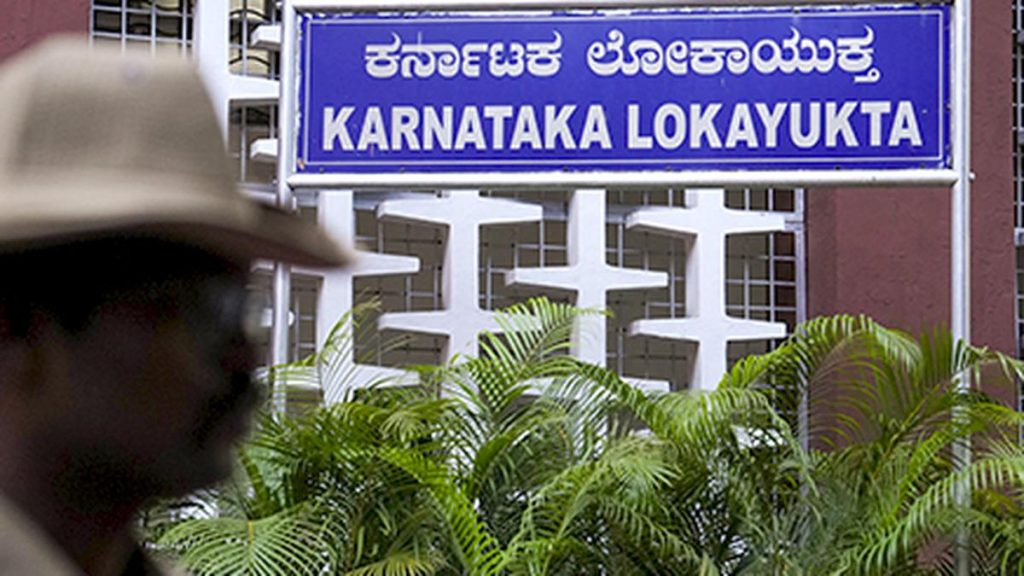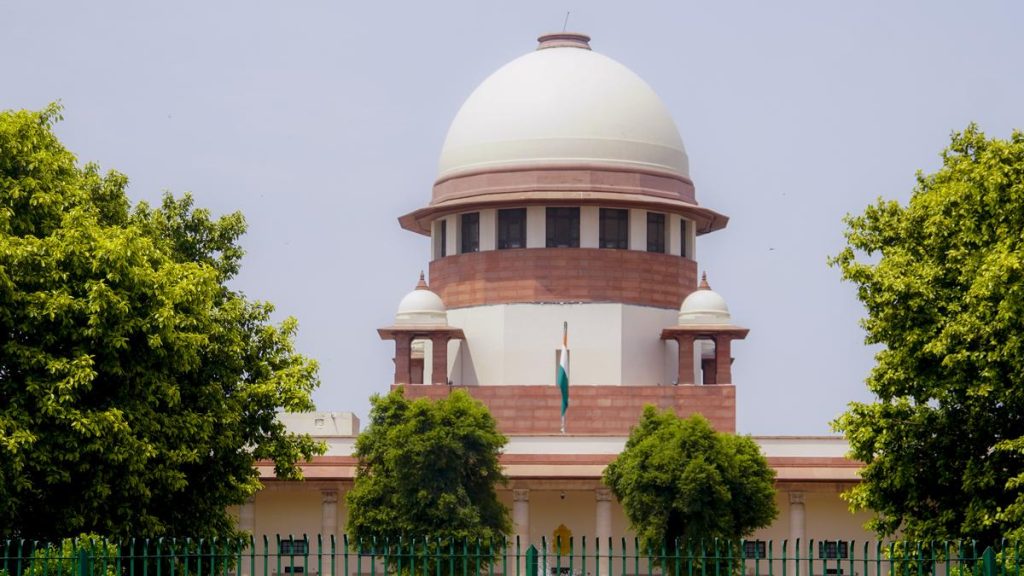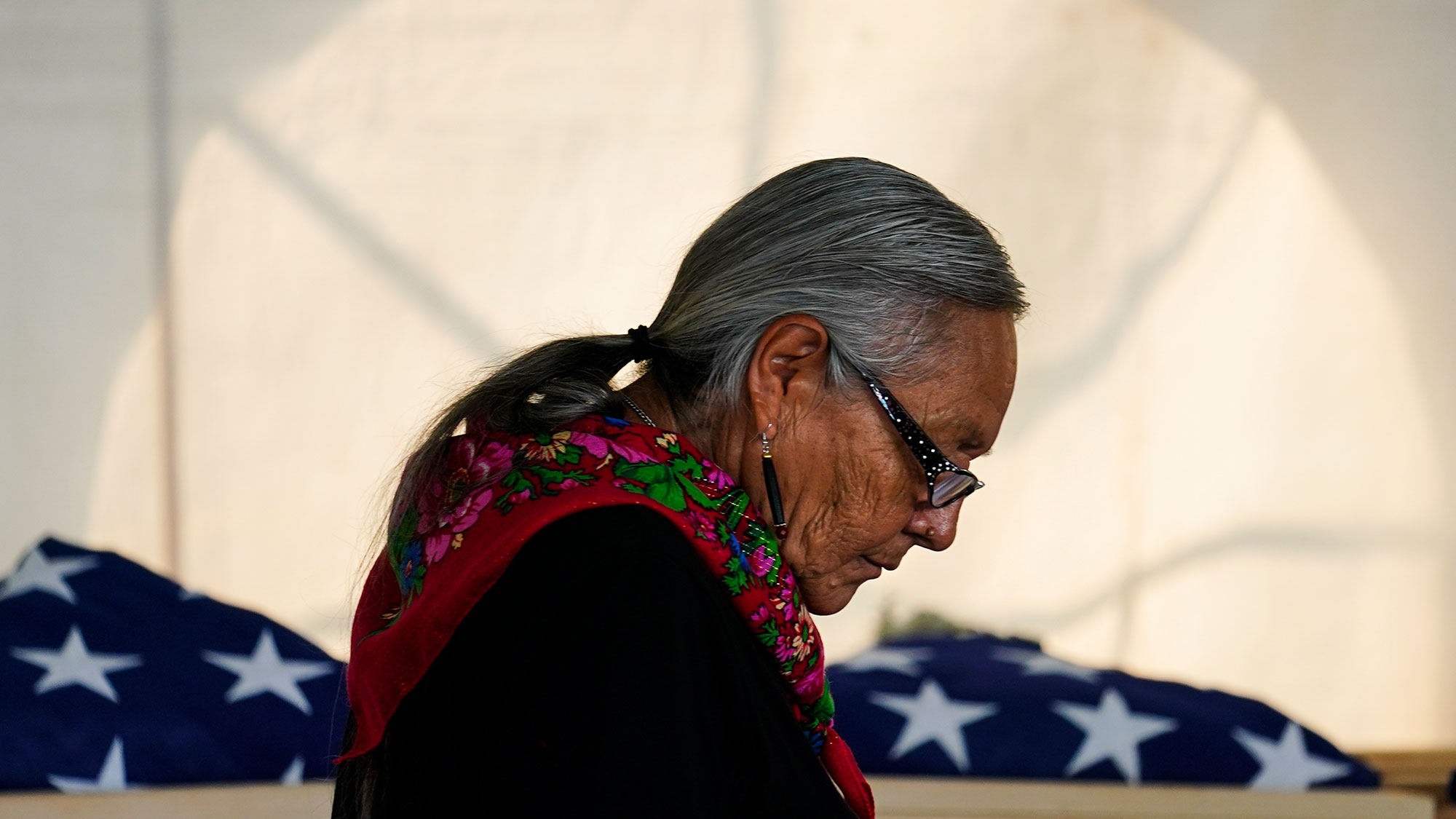Now Reading: Grassroots Groups Sue Louisiana Over Law Limiting Public Air Quality Data
-
01
Grassroots Groups Sue Louisiana Over Law Limiting Public Air Quality Data
Grassroots Groups Sue Louisiana Over Law Limiting Public Air Quality Data

Quick Summary
- Community groups in Louisiana have been monitoring air quality using affordable equipment to address pollution concerns near neighborhoods and workplaces.
- A new Louisiana law, the Community Air Monitoring Reliability Act (CAMRA), mandates that air monitoring data for alleging legal violations must come from EPA-approved methods, restricting public sharing of informal research data.
- Violations under CAMRA could result in fines up to $32,500 per day, with intentional offenses incurring additional penalties up to $1 million.
- Environmental and neighborhood advocacy groups have filed a lawsuit claiming CAMRA infringes on first Amendment rights, including free speech and the right to petition government agencies about environmental noncompliance.
- The petrochemical industry supported the law. Critics argue it disproportionately silences marginalized communities where access to high-grade equipment is financially prohibitive.
- Regulatory-grade monitors cost upwards of $791,000 plus annual maintenance costs; community programs often rely on more affordable sensors unavailable through EPA networks like Cancer alley’s high-risk zone affected by petrochemical emissions.
- Plaintiffs argue that CAMRA conflicts with federal Clean Air Act objectives and efforts under the Inflation Reduction Act promoting grassroots environmental justice initiatives. No fines have yet been imposed since its enactment.
Indian Opinion Analysis
The lawsuit against Louisiana’s Community Air Monitoring reliability Act highlights an ongoing global debate regarding balancing regulatory standards with community empowerment.On one hand, proponents might view stringent regulations as necessary for consistent scientific quality; however, critics point out potential hurdles it creates for resource-strapped communities trying to hold polluters accountable-a situation comparable globally wherever grassroots advocacy faces procedural barriers.
For India-also grappling with urban air quality challenges-this case underscores how technological access inequality can hinder participation in public health improvements. Inclusive policies supporting both citizen-led initiatives alongside baseline scientific validation frameworks could chart an equitable course toward cleaner environments without silencing vulnerable populations’ voices. Encouragement of open-source technology may ensure affordability while addressing credible science gaps effectively.
Read More: Link

























